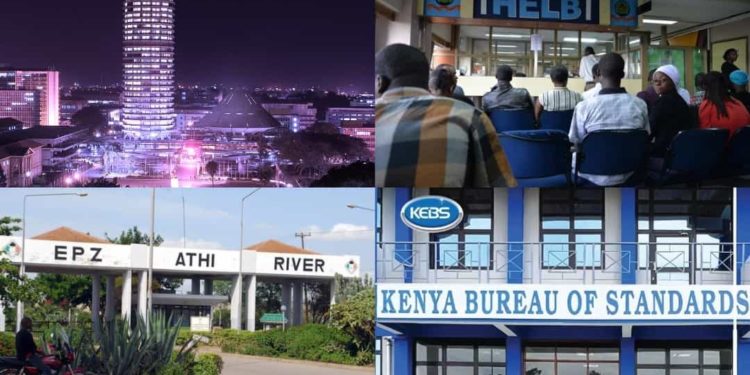Kenyan Members of Parliament (MPs) have been on a quest for a review of parastatals’ excess cash allocation. This has spurred reactions from various stakeholders, including the government, the public, and the parastatals themselves. We explore the reasons behind this drive by the MPs, the impact of excess cash allocation, and the potential outcomes of the review.
The call by Kenyan MPs for a review of parastatals’ excess cash allocation results from concerns that it may be detrimental to the economy. The government-owned parastatals are expected to operate within budgetary allocations, but it has been alleged that some of them are hoarding excess funds that have not been utilized for their intended purpose. The MPs argue that such excess funds should be channelled towards development projects such as infrastructure and social services.
Read more: Privatization Of Kenyan State Enterprises Not A Novel Concept
The impact of excess cash allocation by parastatals can be far-reaching, affecting both the public and the economy. Firstly, the diversion of funds from their intended purpose may lead to underfunding of critical projects, which could result in a decline in the quality of services provided to citizens.
Secondly, the accumulation of idle funds can lead to financial mismanagement, which could prolong the repayment of loans taken by these institutions. This, in turn, could lead to a rise in the country’s debt burden and a decline in its creditworthiness.
Thirdly, excess cash allocation may create an uneven playing field for private sector players who are operating within their budgetary allocations. This may result in an unfair competitive advantage for the parastatals, which could stifle competition and the growth of the private sector.
Read more: Inside President Ruto’s New Parastatal Apointments
Lastly, the accumulation of idle funds may also attract corrupt practices, especially in cases where the funds are not subjected to proper auditing and scrutiny.
In response to the MPs’ quest for a review, the government has been proactive, with the National Treasury initiating an audit of the parastatals’ accounts to identify cases of excess cash allocations. The Ministry of Transport has also revoked the operating licenses of some parastatals due to suspected illegal operations.
The government’s response signifies a commitment to accountability, transparency, and the prudent use of public funds. The review of excess cash allocation by parastatals will likely have several outcomes. Firstly, it may result in a decline in the accumulation of idle funds, which could lead to the timely completion of critical projects.
Secondly, it may enhance competition in the market, creating a level playing field for both the public and private sectors. Lastly, it may increase public trust and confidence in the government’s ability to manage public resources.
In conclusion, the quest for a review of parastatals’ excess cash allocation by Kenyan MPs is a step in the right direction. The government’s response to the MPs’ call signifies a commitment to transparency and accountability, which are crucial elements in managing public resources. The review is likely to have far-reaching effects, including enhanced quality of services, improved market competition, and increased public confidence.
Email your news TIPS to editor@thesharpdaily.com












